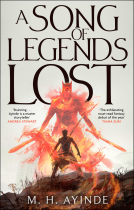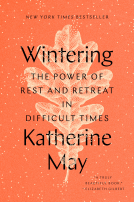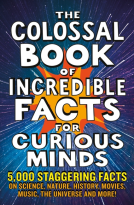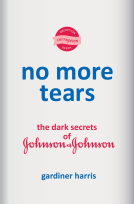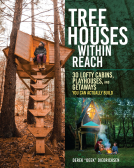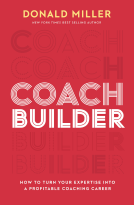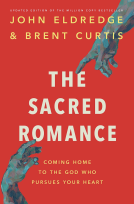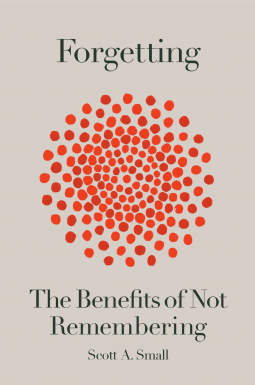
Forgetting
The Benefits of Not Remembering
by Scott A. Small
This title was previously available on NetGalley and is now archived.
Buy on Amazon
Buy on BN.com
Buy on Bookshop.org
*This page contains affiliate links, so we may earn a small commission when you make a purchase through links on our site at no additional cost to you.
Send NetGalley books directly to your Kindle or Kindle app
1
To read on a Kindle or Kindle app, please add kindle@netgalley.com as an approved email address to receive files in your Amazon account. Click here for step-by-step instructions.
2
Also find your Kindle email address within your Amazon account, and enter it here.
Pub Date Jul 13 2021 | Archive Date Nov 30 2021
Crown Publishing | Crown
Talking about this book? Use #Forgetting #NetGalley. More hashtag tips!
Description
“Fascinating and useful . . . The distinguished memory researcher Scott A. Small explains why forgetfulness is not only normal but also beneficial.”—Walter Isaacson, bestselling author of The Code Breaker and Leonardo da Vinci
Who wouldn’t want a better memory? Dr. Scott Small has dedicated his career to understanding why memory forsakes us. As director of the Alzheimer’s Disease Research Center at Columbia University, he focuses largely on patients who experience pathological forgetting, and it is in contrast to their suffering that normal forgetting, which we experience every day, appears in sharp relief.
Until recently, most everyone—memory scientists included—believed that forgetting served no purpose. But new research in psychology, neurobiology, medicine, and computer science tells a different story. Forgetting is not a failure of our minds. It’s not even a benign glitch. It is, in fact, good for us—and, alongside memory, it is a required function for our minds to work best.
Forgetting benefits our cognitive and creative abilities, emotional well-being, and even our personal and societal health. As frustrating as a typical lapse can be, it’s precisely what opens up our minds to making better decisions, experiencing joy and relationships, and flourishing artistically.
From studies of bonobos in the wild to visits with the iconic painter Jasper Johns and the renowned decision-making expert Daniel Kahneman, Small looks across disciplines to put new scientific findings into illuminating context while also revealing groundbreaking developments about Alzheimer’s disease. The next time you forget where you left your keys, remember that a little forgetting does a lot of good.
Who wouldn’t want a better memory? Dr. Scott Small has dedicated his career to understanding why memory forsakes us. As director of the Alzheimer’s Disease Research Center at Columbia University, he focuses largely on patients who experience pathological forgetting, and it is in contrast to their suffering that normal forgetting, which we experience every day, appears in sharp relief.
Until recently, most everyone—memory scientists included—believed that forgetting served no purpose. But new research in psychology, neurobiology, medicine, and computer science tells a different story. Forgetting is not a failure of our minds. It’s not even a benign glitch. It is, in fact, good for us—and, alongside memory, it is a required function for our minds to work best.
Forgetting benefits our cognitive and creative abilities, emotional well-being, and even our personal and societal health. As frustrating as a typical lapse can be, it’s precisely what opens up our minds to making better decisions, experiencing joy and relationships, and flourishing artistically.
From studies of bonobos in the wild to visits with the iconic painter Jasper Johns and the renowned decision-making expert Daniel Kahneman, Small looks across disciplines to put new scientific findings into illuminating context while also revealing groundbreaking developments about Alzheimer’s disease. The next time you forget where you left your keys, remember that a little forgetting does a lot of good.
Available Editions
| EDITION | Other Format |
| ISBN | 9780593136195 |
| PRICE | $27.00 (USD) |
| PAGES | 240 |
Readers who liked this book also liked:
The Colossal Book of Incredible Facts for Curious Minds
Nigel Henbest; Simon Brew; Sarah Tomley; Ken Okona-Mensah; Tom Parfitt; Trevor Davies; Chas Newkey-Burden
Entertainment & Pop Culture, Humor & Satire, Nonfiction (Adult)
Nigel Henbest; Simon Brew; Sarah Tomley; Ken Okona-Mensah; Tom Parfitt; Trevor Davies; Chas Newkey-Burden
Entertainment & Pop Culture, Humor & Satire, Nonfiction (Adult)
